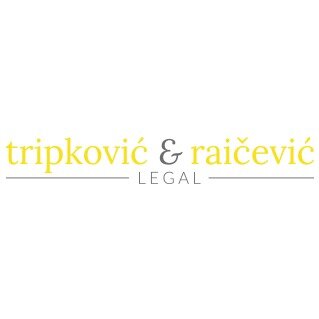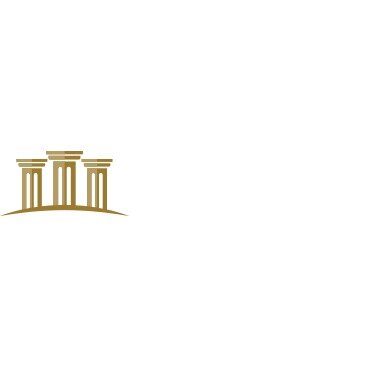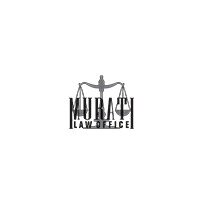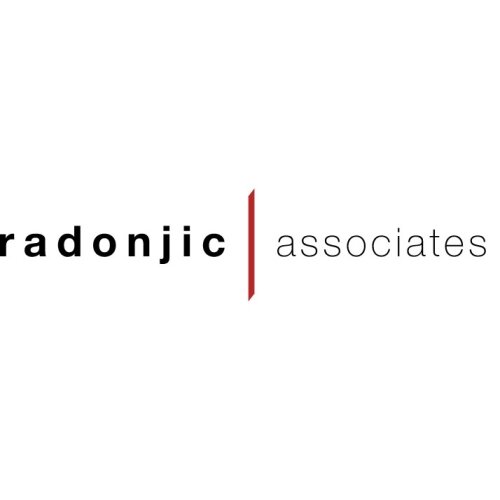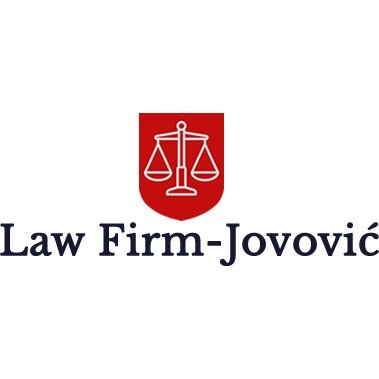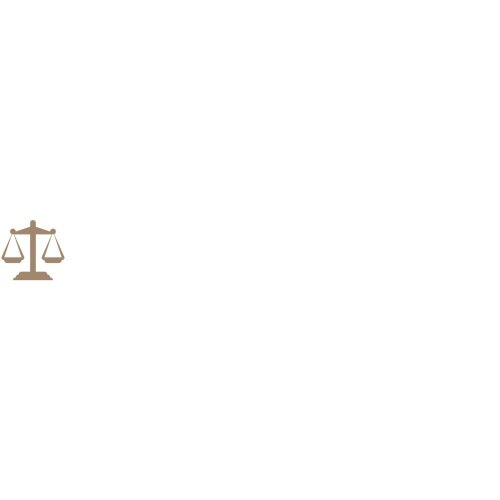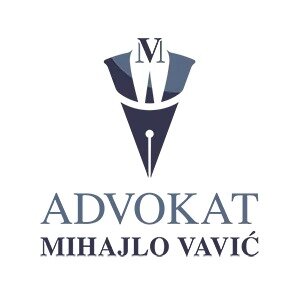Best International Trade Law Lawyers in Montenegro
Share your needs with us, get contacted by law firms.
Free. Takes 2 min.
Or refine your search by selecting a city:
List of the best lawyers in Montenegro
About International Trade Law in Montenegro
International Trade Law in Montenegro is a dynamic field that regulates the exchange of goods, services, and intellectual property between Montenegro and other countries. It covers bilateral and multilateral agreements, trade tariffs, export and import regulations, and dispute resolution mechanisms. As a member of the World Trade Organization (WTO) and a candidate country for EU membership, Montenegro's trade laws are harmonized with international standards to ensure seamless trade practices across borders.
Why You May Need a Lawyer
Legal expertise in International Trade Law can be indispensable in several scenarios. Companies may need assistance with compliance when entering new markets or exporting goods. Legal advice can also be crucial in drafting and negotiating international contracts to ensure alignment with Montenegro’s legal framework and international agreements. Additionally, businesses might face disputes over trade barriers, tariffs, or intellectual property rights, where legal representation could protect their interests. Individuals or entities navigating complex trade legislation, regulatory guidelines, or enforcement actions may also require specialized legal counsel.
Local Laws Overview
Montenegro has implemented several legal instruments to facilitate international trade, including customs laws, import/export regulations, and anti-dumping measures. Key legislation encompasses the Montenegrin Customs Law, the Law on Foreign Trade, and various regulations aligned with EU standards, such as the Stabilization and Association Agreement (SAA). Businesses must adhere to specific procedures for customs clearance, product standards, and trade licensing. The country also emphasizes compliance with international trade agreements and operates within the legal frameworks established by global organizations like the WTO.
Frequently Asked Questions
1. What is the role of the WTO in Montenegrin trade law?
Montenegro is a member of the WTO, meaning its trade policies align with global trade standards, promoting fair competition and resolving trade disputes under international norms.
2. Do I need an import/export license in Montenegro?
Yes, obtaining an import or export license is mandatory for trading certain goods, and businesses must comply with Montenegrin and international regulations.
3. How are trade disputes resolved in Montenegro?
Trade disputes are often resolved through arbitration or mediation, adhering to international dispute settlement mechanisms. In some cases, litigation may occur within the Montenegrin legal system.
4. What is the impact of the EU on Montenegrin trade laws?
As a candidate for EU membership, Montenegro aligns its trade policies with EU directives, which significantly influence local trade laws and practices.
5. Are there tariffs on goods imported into Montenegro?
Montenegro maintains a tariff schedule aligned with WTO obligations and its SAA with the EU, requiring businesses to navigate specific tariff codes and rates.
6. How do intellectual property laws affect international trade in Montenegro?
Intellectual property laws protect trademarks, patents, and copyrights, affecting international trade by safeguarding creative works and technology innovations during cross-border exchanges.
7. What customs procedures should I be aware of?
Customs procedures involve declarations, inspections, and payment of duties, requiring businesses to present accurate documentation and adhere to regulatory standards.
8. What is the Stabilization and Association Agreement (SAA)?
The SAA is a contractual framework between Montenegro and the EU, guiding economic, trade, and political cooperation, which also influences Montenegrin trade legislation.
9. Can sanctions impact trade in Montenegro?
Yes, international sanctions imposed by the EU or the UN can impact trade activities, necessitating legal compliance and careful vetting of trade partners.
10. How can I ensure compliance with trade regulations?
Engaging a lawyer or a trade compliance expert can help navigate the complexities of regulations and ensure adherence to Montenegrin and international trade laws.
Additional Resources
For more comprehensive guidance, consider exploring resources provided by the Montenegrin Chamber of Commerce, the Ministry of Economy, and international trade organizations. Governmental bodies such as the Customs Administration of Montenegro can offer specific regulatory insights. Legal libraries and trade advisories may also provide valuable information.
Next Steps
If you require legal assistance in International Trade Law, consider consulting with a lawyer specializing in this field. Research attorneys with experience in Montenegrin and international trade laws and schedule a consultation to discuss your specific needs. Do not hesitate to reach out to relevant governmental departments or trade organizations for additional support.
Lawzana helps you find the best lawyers and law firms in Montenegro through a curated and pre-screened list of qualified legal professionals. Our platform offers rankings and detailed profiles of attorneys and law firms, allowing you to compare based on practice areas, including International Trade Law, experience, and client feedback.
Each profile includes a description of the firm's areas of practice, client reviews, team members and partners, year of establishment, spoken languages, office locations, contact information, social media presence, and any published articles or resources. Most firms on our platform speak English and are experienced in both local and international legal matters.
Get a quote from top-rated law firms in Montenegro — quickly, securely, and without unnecessary hassle.
Disclaimer:
The information provided on this page is for general informational purposes only and does not constitute legal advice. While we strive to ensure the accuracy and relevance of the content, legal information may change over time, and interpretations of the law can vary. You should always consult with a qualified legal professional for advice specific to your situation.
We disclaim all liability for actions taken or not taken based on the content of this page. If you believe any information is incorrect or outdated, please contact us, and we will review and update it where appropriate.
Browse international trade law law firms by city in Montenegro
Refine your search by selecting a city.




